
views
Securing a Physical Building
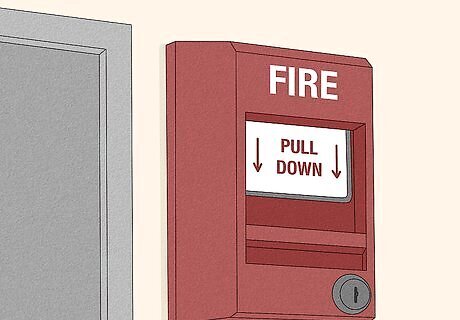
Get a fire alarm system. Fires happen more often than you might think. When not dealt with quickly, it can lead to disastrous consequences. So, if you don’t want your office and any valuable assets destroyed by this natural force, it’s good to take some preventive measures. You may consider installing a fire alarm system. These systems allow us to detect a fire early. So, you can inform the firefighters immediately and they’ll do their job as fast as possible, sparing you consequences. Remember that you can notice the fire when you’re in your office, but if it happens in the middle of the night or on the weekend, you won’t see it. These systems monitor your property 24 hours a day. Many insurance companies may provide you with a discount if you have a fire alarm system installed. So, check available options before making a final decision.
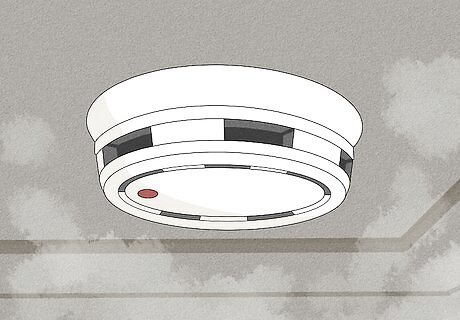
Get smoke detectors. As the saying goes – there’s no smoke without fire. So, another option you may use to deal with fire is smoke detectors. After they detect any smoke in your building, they’ll notify you with a loud alarm. Also, when they detect any smoke or heat, they’ll send the signal to emergency services so that the response will be immediate. Before installing detectors, please consider next aspects: Make sure you have smoke detectors in every room of your facility. Mostly they’re mounted on the wall or ceiling. Please note that it’s better to avoid putting them in the corners because it’s the last place the smoke reaches.
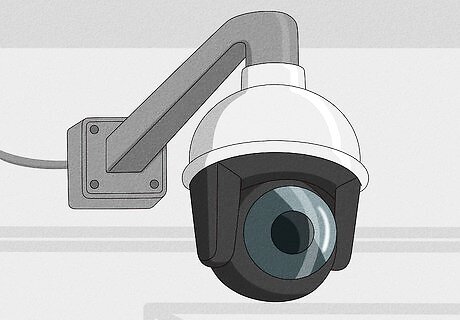
Get video surveillance. Video surveillance allows you to monitor what is happening in your facility 24 hours a day. This step provides you with perks: You can connect it to your phone, so you'll receive a notification if someone unwanted enters your property after hours. You can contact the security company or police right away and avoid dealing with theft consequences Many intruders will hesitate to enter the building if they see cameras, as they don’t want to be noticed. The system records everything so that you can review the footage anytime. If someone breaks into your property or some accident occurs, you’ll have the evidence you can present to the police.
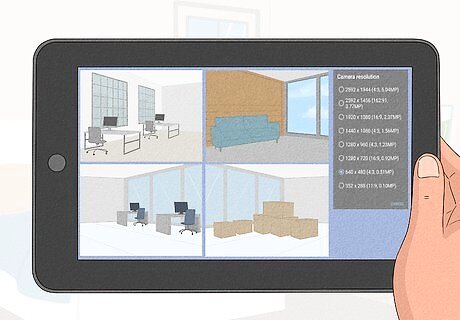
Get monitored Security Systems. When you’re installing a security system, you can always choose whether you want to monitor it yourself or leave it to a professional security company. A security system monitored by professionals has many benefits. First and foremost, you can rest assured even if something goes wrong while you’re not watching. They have alarms that notify you when someone tries to break into your property. When it is monitored by a security company, they’ll receive this signal and come to the rescue immediately. It gives you peace of mind because you’ll know that someone’s watching over your facility 24 hours a day, 7 days a week.
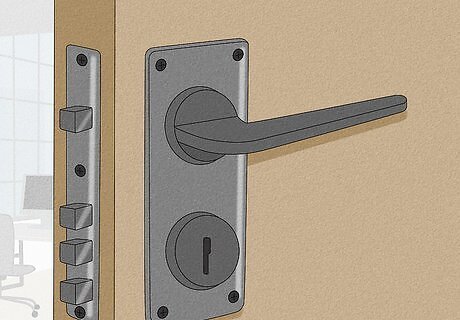
Install high-security locks. Physical security is the foundation of any business security plan. One of the simplest and most effective ways to enhance your business's physical security is by installing high-security locks. These locks are designed to be pick-resistant, drill-resistant, and bump-proof, making it extremely difficult for unauthorized personnel to gain entry. Additionally, consider installing security cameras and alarms to further deter potential intruders. Installing high-security locks can provide several benefits, including: Increased protection against break-ins. Peace of mind. Insurance discounts. Control over access. Durability and longevity of your hardware.
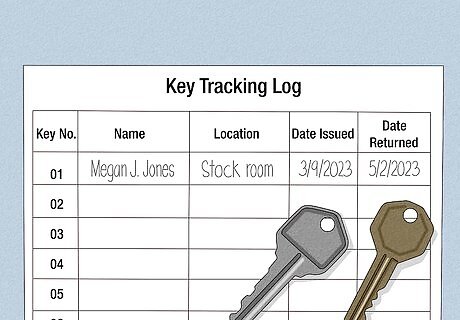
Take control of your keys. Having control over your keys is essential for any business. You should have a detailed record of who has access to each key and limit the number of people who have access to them. Keep track of all keys and regularly change locks to ensure that former employees or contractors cannot access your business premises. Taking control of your keys can provide several benefits, including: Increased security. Greater privacy. Reduced risk of lost or stolen keys.
Securing Business Data
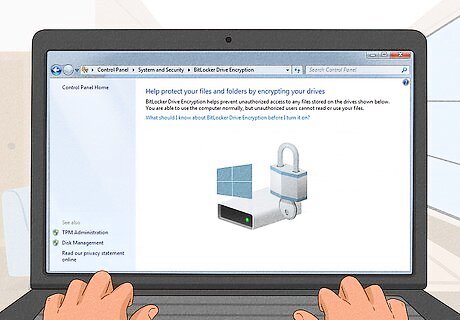
Securely store your data. Data breaches can be devastating for a business. To prevent data theft, make sure you store sensitive data, such as customer information and financial records, in a secure location, either physically or digitally. Use encryption to protect sensitive data during transmission and when at rest, and ensure your IT systems are up-to-date and secure. Storing your data securely can provide several benefits, including: Protection against data breaches. Compliance with regulations (if there are some in your industry). Business continuity. Enhanced customer trust. Improved efficiency.
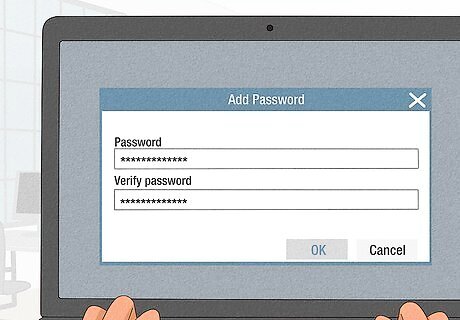
Control data use. Data breaches can occur internally as well as externally. Make sure you have policies in place to control how employees use data and limit access to sensitive information on a need-to-know basis. Educate your employees on the importance of data security and implement regular training and awareness programs. Controlling your data use can provide several benefits, including: Improved data security. Compliance with regulations (if there are some in your industry). Enhanced data quality. Improved efficiency. Competitive advantage.
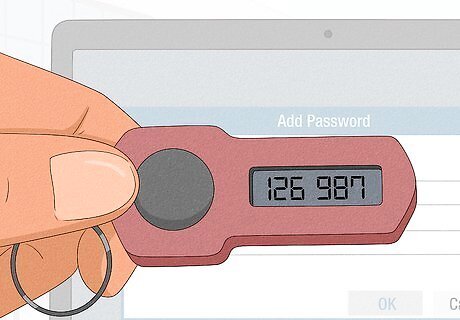
Have a two-stage verification process. Passwords are often the first line of defense against cyber threats. However, passwords can be guessed or stolen, leaving your business vulnerable. A two-stage verification process, such as using a password and a security token, can significantly reduce the risk of unauthorized access. This provides an extra layer of security that makes it much harder for hackers to gain access to your data. Having a two-stage verification process can provide several benefits, including: Improved security. Protection against phishing attacks. Regulatory compliance (if there are some in your industry). Peace of mind. Greater control.
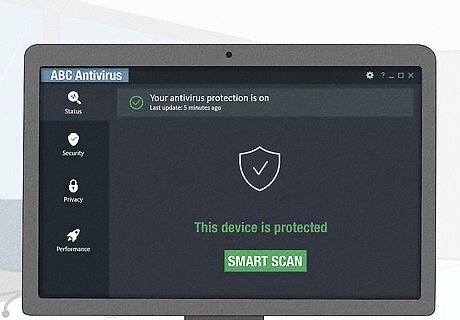
Keep devices safe and secure. With the rise of remote working, it's essential to ensure that all devices used by employees are safe and secure. Make sure all devices have up-to-date antivirus software, firewalls, and other security measures in place. Also, consider implementing policies to ensure that employees do not download or use unauthorized software or applications on their devices. Keeping your devices safe and secure can provide several benefits, including: Protection against data breaches. Increased productivity. Compliance with regulations (if there are some in your industry). Extended lifespan of devices.



















Comments
0 comment